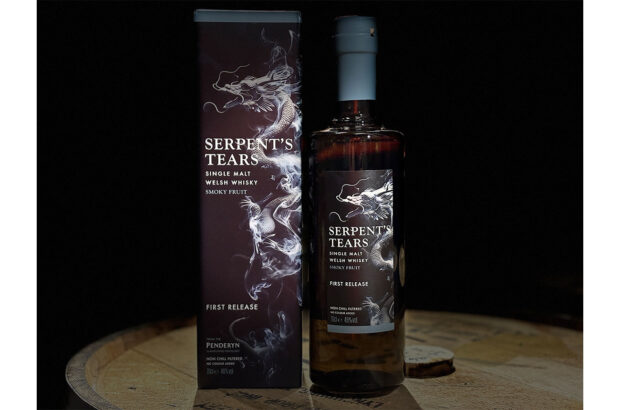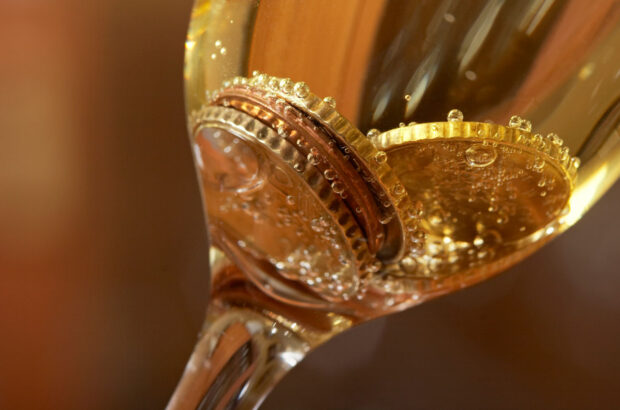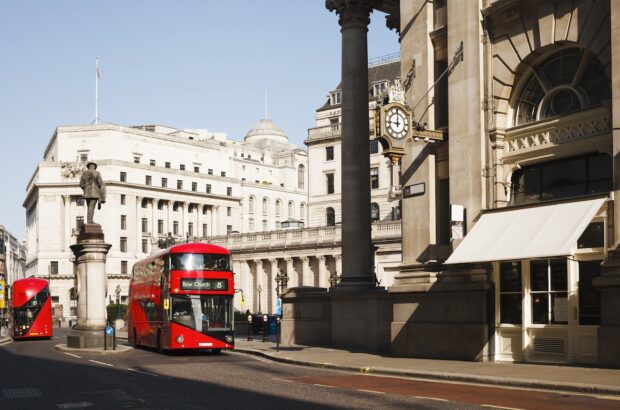With climate change becoming an increasingly serious topic for the spirits industry to tackle, so too comes a greater level of awareness amongst consumers that brands should be doing more in relation to the environmental footprints they leave behind globally.
Every element, from the cultivation of raw materials, to the composition and distribution of finished glass bottles is now under tighter scrutiny. This year’s Earth Day, a celebration of climate awareness, held on 22 April (founded back in 1970 by US environmental campaigner, Gaylord Nelson), comes amidst a tide of alarming data. It suggests that the world is on course to see global temperatures rise beyond the 2°C target set collectively by over 190 countries in The Paris Agreement climate treaty, which came into force back in 2016.
Although spirits production isn’t yet classed as a major environmental offender, the good news is that this stark warning is making the whole industry take notice. Spirits companies are reducing their carbon footprint further, creating more innovative, sustainable, recycled and refillable packaging and introducing more environmentally friendly practices into production. This includes a greater efficiency in dealing with waste CO2 to become a step closer to Carbon Neutral status. There is also a tighter focus on organically managed crops, such as locally grown barley, or less intensively farmed sugar cane.
Leading the way
A number of UK whisky and gin distillers have so far been prominent advocates to promote the importance of sustainability and other environmental issues. Islay’s Bruichladdich was the first in the UK to gain B-Corp status, effectively the Gold Standard for transparency and accountability in tackling climate change issues. While small craft distiller The Oxford Artisan Distillery became the first to be certified organic from grain-to-glass.
So what does all this mean for your favourite tipple? Well, largely speaking, organic and biodynamic spirits are distilled from grains or fruit that remain untreated by pesticides, herbicides or chemical fertilisers that can leave a profound, lasting impact on the soil and water they grow in.
To be classified as organic in the UK, a spirit must meet the rigorous standards outlined by the Soil Association and comply with the EU Organic Regulations on the use of pesticides and soil management of the crop. However many organic distillers will argue the results go a great deal further than simply benefitting the landscape – and that the spirits themselves simply taste far more wholesome, unique and flavoursome.
Best organic and biodynamic spirits to try
Fatty’s Organic Gin
Founded by London-based Philippa ‘Fatty’ Gee and unusually using dill as one of the key botanicals, Fatty’s gin is certified organic by the Soil Association and has a deliciously light citrus note, alongside a distinctive savoury aroma, which works best in a G&T, garnished with cucumber. Alcohol 40%
Oxford Artisan Distillery Organic Gin
Head distiller Cory Mason has been on a mission to promote sustainability and transparency in the grains used to distil his base spirits, working closely with archaeo-botanist John Letts to resurrect heritage strains. The gin is distinctively malty and rich, with bold juniper and citrus notes. Alc 43%
Air Vodka
New York-based Air Company is taking the science of distillation to a whole new level. Its pioneering vodka is produced via patented a technique, which takes CO2 from the air and turns it into pure ethanol, all using renewable solar energy, to be the world’s first carbon negative spirit. Sounds like alchemy, but the result is a surprisingly clean and crisp spirit. Alc 40%
Eight Lands Organic Vodka
Distilled at the Glenrinnes distillery in Speyside. Founder Alex Christou has continued his family’s passion for organic farming by only selecting non-GM and pesticide-free crops for his base spirits, alongside sustainably grown botanicals. The vodka is made from both organic barley and wheat, giving hints of marzipan and vanilla pods. Alc 42%
Waterford Luna
The Waterford distillery is one of the pioneering voices in celebrating ‘terroir’ in Irish whiskey. Luna is made from rare strains of barley, grown by three Irish farms, using biodynamic farming methods. The spirit is rich and oily, with notes of fresh fruit, spiced chocolate and a distinct malted barley note. Alc 50%
Nc’nean Organic Single Malt – Batch 11
This B-Corp certified craft Scottish distiller uses 100% organic barley, approved by the Biodynamic Authority, alongside renewable energy sources to power the distillery and recycles nearly 100% of its waste products. The whisky is light and fruity, with sweet cereal notes and a buttery finish. Alc 46%
Renegade Dumfermline Farm Rum
Rum is often considered the Wild West when it comes to transparency of production. However Grenada’s Renegade has sought to fundamentally address this issue, by focusing completely on the specific local terroir and soil type the cane grows in, to produce – quite literally – a transparent single farm origin white rum full of fresh, sweet flavour. Alc 50%
Copalli Organic Single Estate Rum
Founded in 2018, the Copal Tree distillery, located in the southern Belize rainforest, is committed to supporting the local ecosystem by distilling fresh-pressed cane juice from a native, non-GMO, heirloom sugar cane variety, grown on the first organically certified farm in the country. Vibrant, fruity notes with a touch of freshly picked herbs. Alc 42%
Avallen Calvados
This noble French brandy has been given a truly ethical makeover thanks to the B-Corp-certified Avallen, which has focused on the importance of bee preservation to help the sustainability of future apple crops. A wonderfully fruity, buttery calvados, it works well with tonic and a dash of bitters. Alc 40%
Del Maguey Vida Mezcal
Tequila’s smoky cousin, mezcal has often been described as rustic, thanks to its traditional distillation and production methods. Del Maguey Vida uses 100% organically-grown Espadin variety agave giving a warming, savoury, oily and surprisingly smoky flavour, which will transform your Margarita. Alc 42%






